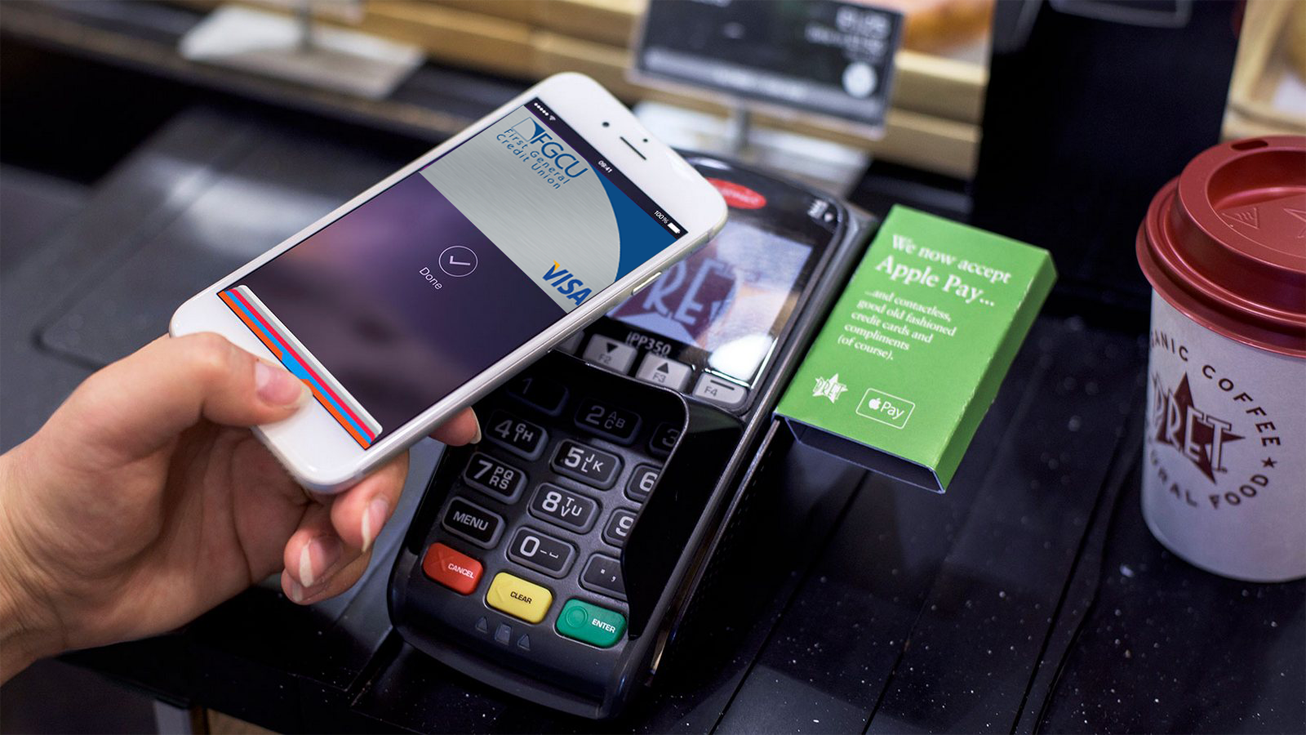Hi, I’m Adil Wali. I became a Microsoft certified professional at age 14 and started my first web development company. That led to a career as a serial entrepreneur, advisor, and startup investor. I got my first “real job” at 33, and I’m now a FinTech executive with a passion for the markets.

You’ve got an awesome website. A phenomenal product. Loyal customers. A growing domestic business.
The next major question you are likely to ask yourself is: when should I start selling globally?
The allure of a global market is simple – for businesses successfully cornering a domestic market, expanding beyond their borders opens up a nearly unlimited supply of new customers, capital and talent. In addition to increasing revenue, global markets can extend the lifespan of existing products and reduce dependence on a single market. This reduction in dependence is particularly important when it comes to insulating from the risk of localized adverse economic conditions.
So, given how easy it easy to articulate the benefits of going global, why doesn’t (or shouldn’t) everyone do it? The short answer – it’s complicated. From different cultural norms to foreign regulations, going global can get complex fast. That’s not to mention the costs associated with an increase in supply chain complexity and new employees. Expanding globally takes a sense of focus and purpose that not every company is interested in or capable of.
Perhaps the first and most important question to ask yourself as a store owner is this: am I really ready to take the plunge into a running a global business? Here are some factors to consider:
- How much organic traffic do you get globally? If your organic global traffic numbers have you feeling like you’re leaving potential customers on the table, you may well be operating in a segmented well-suited to go global. Not getting foreign visitors? It’s not the end of the world, but you’ll need to do your research and make sure global markets want what you’re selling. Further, you will want to validate that you can do it better than the companies operating there now.
- How many orders do you get? There’s no magic number here, but are you still growing in your domestic market? If you’re part of a small team with upwards sales growth at home, adding the employees necessary to make international expansion a success might be more complicated than meaningful. You can always consider going global later.
- How much control do you have over the supply chain? This relates to a number of other logistics factors that you’ll need to consider before deciding to expand internationally: Do you produce your own product? How heavy is your product? How challenging will your product be to ship in customs? What is the holding cost of your product? Make sure you have a strong grasp of your domestic shipping capabilities. Whether through a third-party logistics provider or in-house, shipping globally adds complexity every step of the way.
Once you’ve determined that you have potential international customers, a business capable of supporting global business complexity, and a shipping/logistics model capable of handling overseas orders, you’re ready to start putting together your strategy for going global. Be prepared for a rocky road – it’s not easy to take a business you know well into new waters. That said, with enough research and a solid plan, it’s the best way to ensure diversified growth into the future.
Check out part II in this series for advice on forming your global strategy and tips for making your international rollout a smooth one!






